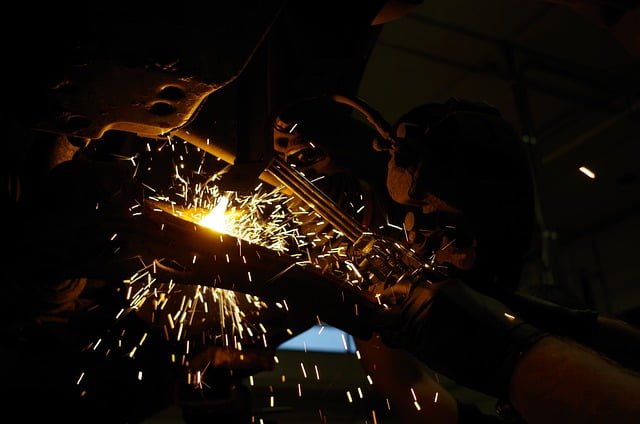
Ethyne gas is a highly flammable hydrocarbon gas widely used in the industry for various applications. It is also known as acetylene and has many uses in manufacturing chemicals, welding, cutting, and lighting. Ethyne gas has been an essential part of the industry for decades, and its importance continues to grow as new gas applications are discovered. Its high-temperature flame makes it an ideal fuel for welding and cutting metals. In contrast, its use as a starting material for producing various chemicals makes it a crucial raw material in the chemical industry.
Understanding the industrial applications of ethyne gas is crucial in appreciating its role in modern industrial processes and how it contributes to the overall development of various industries. This article will explore some of the industrial applications of ethyne gas.
Table of Contents
Safety Considerations in Handling Ethyne Gas
While ethyne gas has numerous industrial applications, it is essential to note that it is highly flammable and must be handled with extreme care. This section will discuss the safety considerations to take when handling and using ethyne gas. This will include guidelines for storage, transportation, and handling of the gas and using personal protective equipment (PPE) when working with the gas. Understanding the safety considerations is crucial in preventing accidents and ensuring that ethyne gas is safe and efficient.
Welding and Cutting
Another significant application of ethyne gas is in welding and cutting. Ethyne gas burns at a very high temperature when mixed with oxygen, which makes it an ideal fuel for welding and cutting metals. The high temperature of the flame allows for the efficient melting and joining of metals. Ethyne gas is also used in flame cutting, which involves using a high-temperature flame to cut through metals. In this process, a jet of ethyne gas is directed at the metal surface, where a stream of oxygen is heated, melted, and then blown away.
Metal Fabrication
Ethyne gas is also used in metal fabrication, where it is used as fuel for flame cleaning and preheating of metals. In flame cleaning, ethyne gas is used to clean the surface of metals by burning away any impurities or contaminants. In preheating, acetylene heats the metal before welding, which helps to prevent the warping and cracking of the metal during the welding process.
Thermal Spraying
Thermal spraying is when a coating of metal or ceramic material is applied to a surface using a high-temperature flame. Ethyne gas is often used as a fuel for the flame in thermal spraying, where it is mixed with oxygen and sprayed onto the surface to be coated. The high temperature of the flame allows the metal or ceramic material to melt and adhere to the surface, forming a solid and durable coating.
Ethyne gas is a versatile and valuable gas with various industrial applications. Its high-temperature flame makes it an ideal fuel for welding and cutting metals. In contrast, its use in the production of chemicals and as a fuel for metal fabrication and thermal spraying makes it an essential raw material in the chemical industry. Ethyne gas was also used for lighting before the advent of electric lighting and had some medical applications. As the demand for these applications continues to grow, the importance of ethyne gas in the industry is expected to increase in the coming years.




